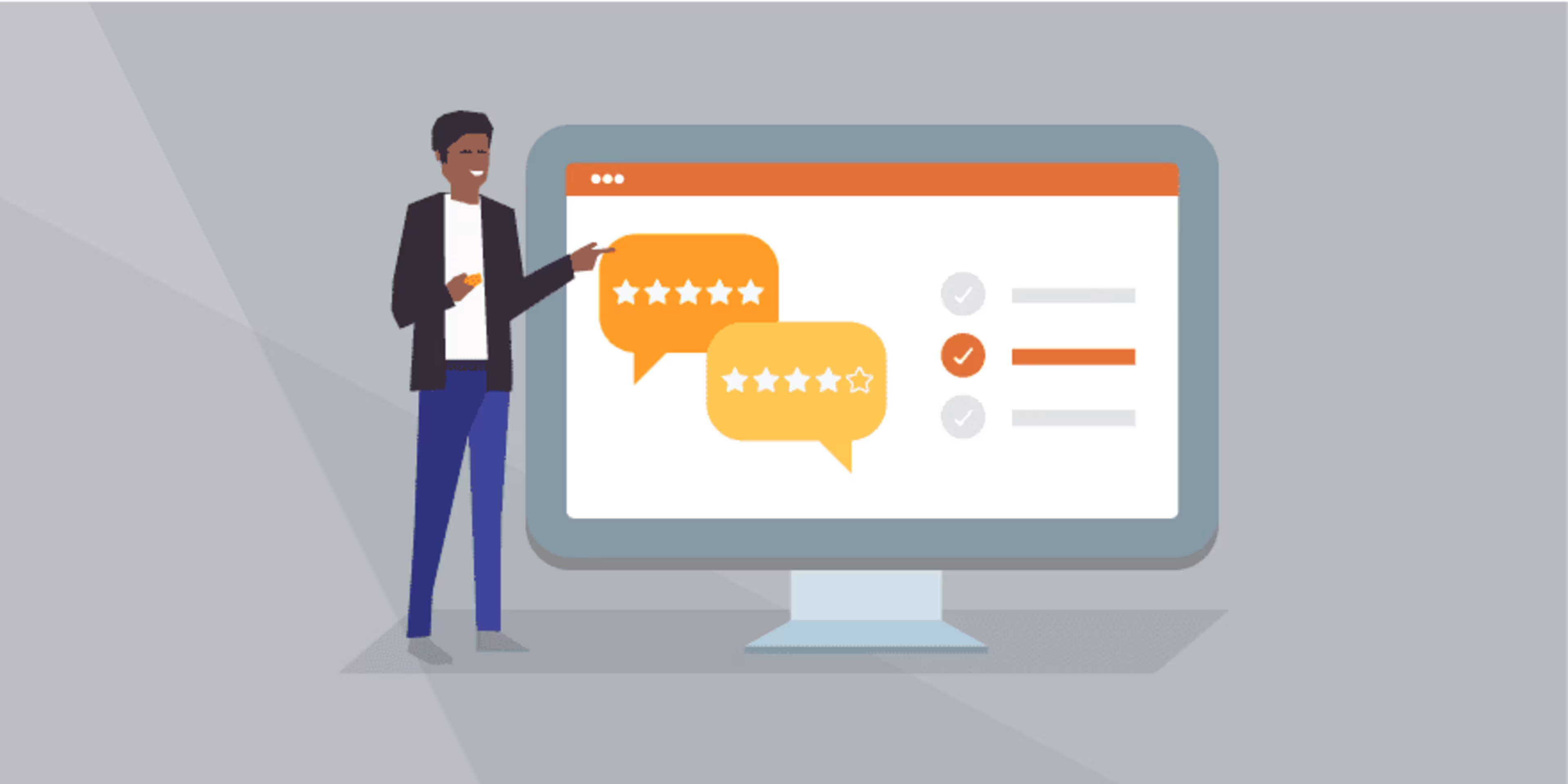What really matters when it comes to small-business or startup software? We've come up with a list of "need-to-have" and "nice-to-have" features.

By now you know what software to invest in if you're building your first software stack: finance and accounting software, customer relationship management software, and data and information security software.
You might say, "That's great, but how do I know a software vendor offers what I really need?"
Good question.
Here's the rub: If you buy software with too few features, it's not worth the money. If you buy software with too many features (features you ultimately don't use), it's also not worth the money.
We've taken the time to highlight which features software vendors offer that are vital to your business and which are just "nice to have." Read on to learn more about which software features you should expect (and what's OK to wait on) when shopping for your foundational software stack.
Finance and accounting software features
According to our research, approximately 85% of businesses already use finance and accounting software.
We've come up with a list of features that great finance and accounting software has and listed them below. While not all software will have all of these options (only 67 products in our finance and accounting software directory do) you should keep these features in mind when you're shopping for an accounting solution.
We've also included a second list of features you might encounter that aren't necessary for many businesses, but are nice to have in special cases. We'll call those features "bonus features."
Finance and Accounting Features
Necessary | Nice-to-have |
|---|---|
Accounts payable:Track money owed to acompany’s creditors/suppliers. Accounts receivable:Track outstandinginvoices and money owed by clients. Bank reconciliation:Compare and matchfinancial records with bank statements. Billing & invoicing (vital):Create and manage bills and invoices. Expense tracking:Create a detailed record of costs. Fixed asset management: Track fixed asset details (such as depreciation and maintenance history) in a centralized database. Payroll management: Processemployee payroll (salaries, wages, etc.). Project accounting:Manage financials on a project-to-project basis. | Fund accounting: Manage revenueacquired through grants, donations, and other sources. Purchase orders: Create a detailed log of all items purchased during a project. Tax management: Track tax-related transactions and ensure compliance. |
Customer relationship management software features
60% of businesses already use customer relationship management software. Again, not every CRM on the market is going to offer all of these features, and the value they add to your organization will vary depending on your business goals. However, we believe that CRMs with these features will provide you with the tools you need and a little room to grow.
Again, we've added a list of bonus features that are the icing on the cake when looking for a CRM. They might cost a little more money, but make your sales and marketing activities a lot easier.
CRM Features
Necessary | Nice-to-have |
|---|---|
Calendar/reminder system: Create notifications and alerts for upcoming events or tasks. Document storage: Store documents in a centralized location. Lead scoring (vital): Score a lead on their quality or likelihood to buy. Marketing automation integration: Integrate with marketing automation tools. Mobile access: Access the software remotely via mobile devices. Quotes/proposals: Create and send a quote or proposal to a customer. Segmentation: Group leads or contacts based on specific characteristics. Social media integration: Integrate with Facebook, Twitter, LinkedIn, etc. Task management: Create a running list of action items and their status. | Email marketing: Create and send emailblasts and campaigns. Internal chat integration: Integrate with real-time communication tools such as Slack. Territory management: Organize customer data and accounts by user or geography. |
Data and information security software features
There are a lot of different software categories that make up data and information security, and your needs will determine which type you invest in.
The writing is on the wall though: Nearly 72% of businesses are already using data and information security software. We're going to highlight the largest category that ensures security: computer security software.
There is a long list of bonus features for data and information security software included below, and you should choose extra features based on your individual use case.
Data and Information Security Software Features
Necessary | Nice-to-have |
|---|---|
Anti-spam: Detect email messages that are unsolicited advertisements. Anti-virus: Detect and destroy computer viruses. Vulnerability protection (vital): Detect and prevent intrusions through the internet. | Audit trail: Identify and track detailed transactions involving information or data. Compliance management: Track and manage non-adherence to policies in service, product, process, or supplierbehavior. Database security audit: Identify and track details of database use and misuse. File access control: Control access to data via set permissions. Financial data protection: Protect financial data. Maintenance scheduling: Track and issue maintenance routines before negative events occur. Real-time monitoring: Continuously stream information through a security system. Security event log: Record security-related events that occur in a system. Virus definition update: Automatically upgrade anti-virus features as threats are identified and countered at the provider level. |
Now you know which features to expect
But how should you use this information? Consider this your cheat sheet for software provider interviews.
After you've gone through the process of narrowing down software solution providers and you're ready to get on the phone to discuss terms of your software subscription or purchase, pull out this list of features and make sure you know what each vendor will offer you. You can use Capterra's "recommended filters" tool available in each software directory to narrow down your choices per your needed features.
If a vendor doesn't have a feature that you think is vital to your organization, cross that provider off your list. Conversely, if they offer you that feature and a dozen more that you don't need, at a premium price, it's probably safe to find a more modest and affordable option.
Are there other features that you think are integral to doing business? Let me know in the comments below!